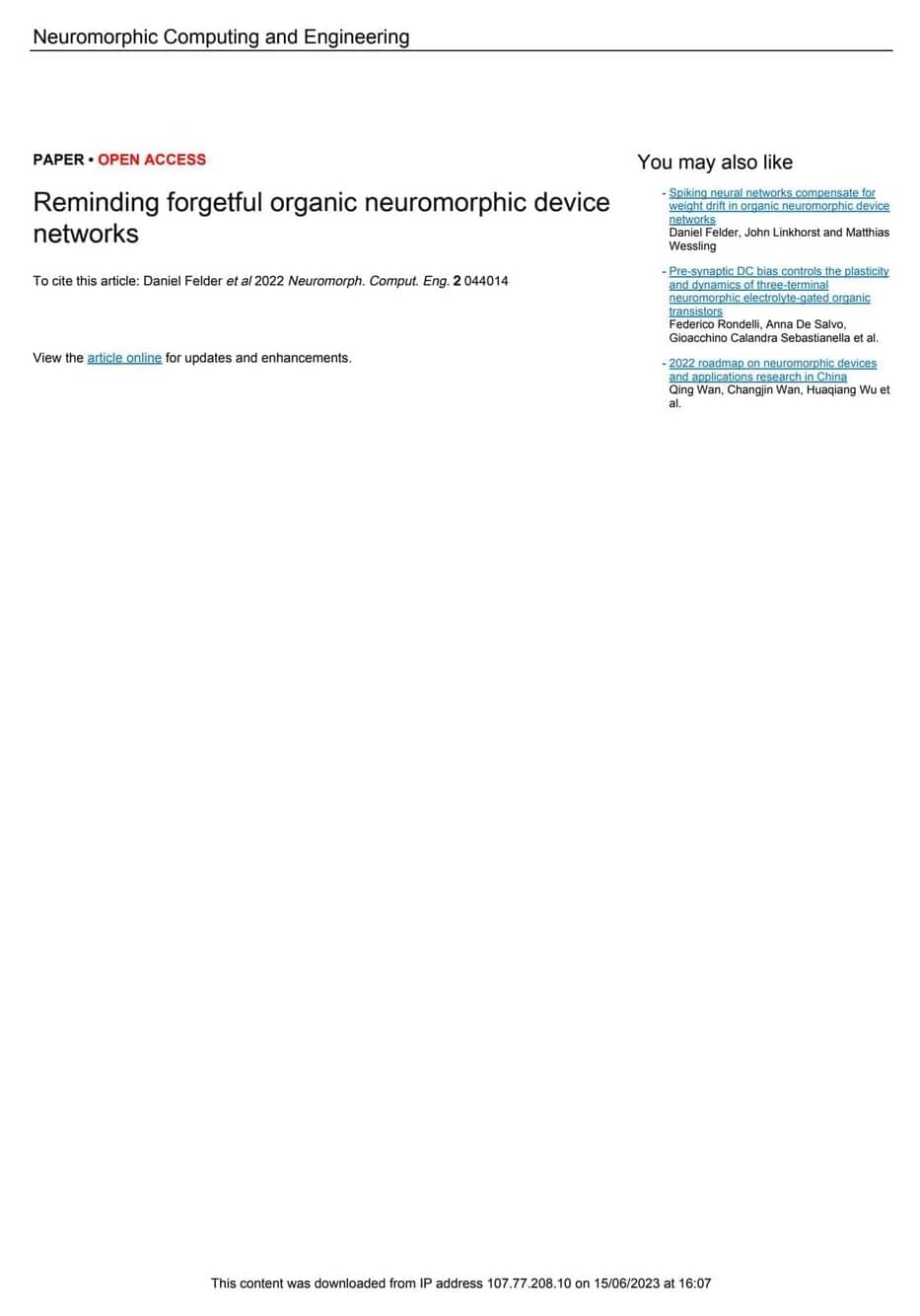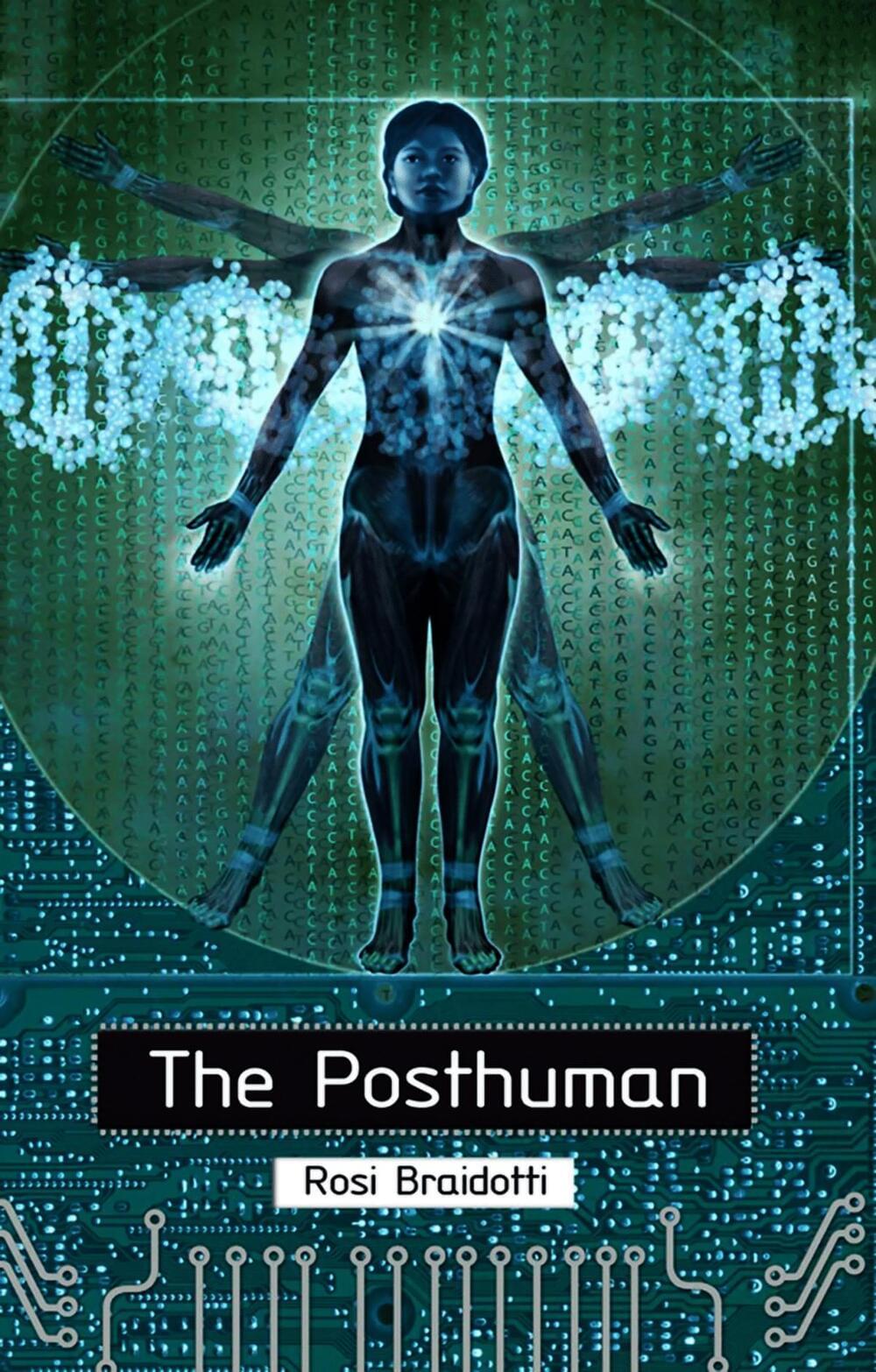PDF | Universe as a partially computable information-processing system | Find, read and cite all the research you need on ResearchGate.
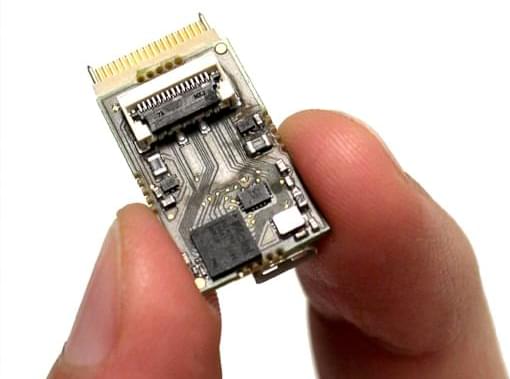


Head to https://squarespace.com/floatheadphysics to save 10% off your first purchase of a website or domain using code FLOATHEADPHYSICS
We all travel through space time at speed of light. But, what does it really mean? How does it explain the consequences of special relativity — time dilation, length contraction, relativity of simultaneity, and more.
Chapters:
00:00 Intro.
01:25 A 2D analogy.
04:15 How to validate?
07:08 How Pythagorus helps.
08:40 How to piece a website (Ad)
10:15 Speed in 4D spacetime.
13:30 Why length contracts along motion.
16:30 Simultaneity \& clock desynchronisation.
18:17 Revising the Twin’s ‘paradox’
19:36 Why 3 spacial dimensions \& 1 time dimension?
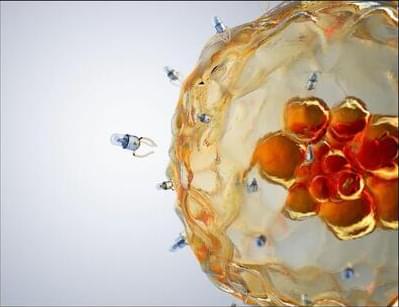
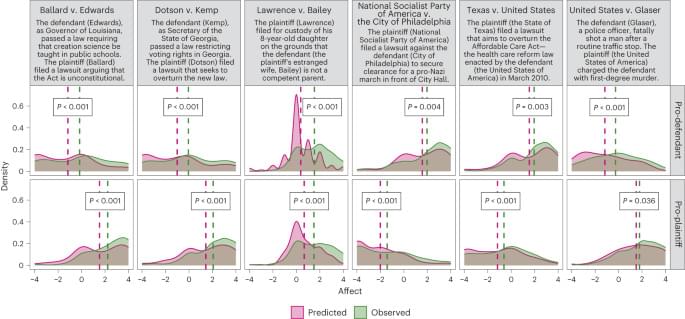

A team of researchers has found that Neanderthals crafted stone tools using a sophisticated multi-component glue. This discovery, the oldest known example of such an advanced adhesive in Europe, indicates that these early human relatives possessed a greater degree of intellectual and cultural sophistication than was earlier believed.
The work, reported in the journal Science Advances, included researchers from New York University, the University of Tübingen, and the National Museums in Berlin.

Zhu, H., Yakobson, B.I. Creating chirality in the nearly two dimensions. Nat. Mater. (2024). https://doi.org/10.1038/s41563-024-01814-2
For more information on the Somatic Cell Genome Editing program, visit our website at: https://commonfund.nih.gov/editing Follow this link to for a version of the video that does not include audio descriptions: • NIH Common Fund Somatic Cell Genome E… Thousands of human diseases are caused by changes, or mutations, to the body’s DNA. What if we could treat all these diseases by diving into our living cells to correct the mistakes? The Somatic Cell Genome Editing program aims to make that happen. Recently, researchers have made great progress in correcting DNA mutations using a technique called genome editing, and the first tests of genome editing for human diseases are starting. However, there are still some challenges to achieve safe and effective genome editing in patient cells. The Somatic Cell Genome Editing, or SCGE, program was launched by the NIH Common Fund to develop quality tools to perform safe and effective genome editing in human patients. The SCGE program will make more genome editing tools available to researchers to develop better packages to deliver the tools to the right cells, design new tests for the safety and efficacy of genome editing, and make all of the information available to the scientific community to drive future discoveries and cures for patients.
